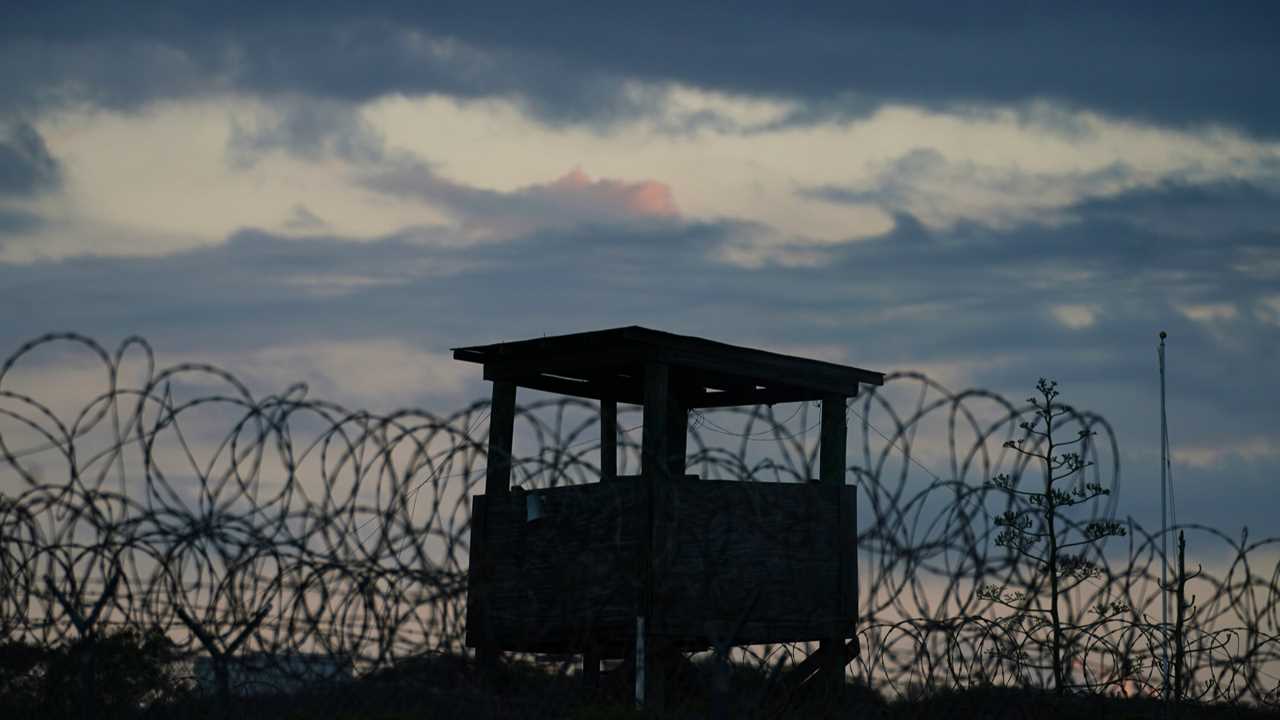
The incoming Biden administration has yet to lay out plans for the Guantánamo Bay military prison on the U.S. Navy base where leftover fragments of the Bush administration’s most disputed responses to the Sept. 11, 2001, attacks remain unresolved three presidencies later.
In the past year, prisoners have told their lawyers about sloshing raw sewage in their cells, flickering power, extreme water temperatures and other problems wrought by tropical rain inside the prison complex’s most secretive and highest-security facility, called Camp 7, which houses the 14 former C.I.A. detainees who were brought to the base starting in 2006 from overseas black site prisons.
President-elect Joseph R. Biden Jr. is not expected to repeat President Barack Obama’s splashy but ultimately unmet promise in 2009 to close the prison within a year, according to people familiar with transition deliberations. A law prohibits bringing detainees to a domestic prison, as Mr. Obama had proposed doing, and Mr. Biden said during his campaign that congressional consent is needed to close Guantánamo.
But the new administration will be forced to confront several difficult decisions, such as what to do about the deteriorating building holding the 14 prisoners and how soon the State Department will resume negotiations to find secure arrangements for detainees who are approved for transfer to other countries.
Of the 40 prisoners currently at Guantánamo, nine have been charged with or convicted of war crimes, six have been recommended for transfer with security conditions in the receiving country, and the rest remain in indefinite detention, uncharged but deemed too dangerous to release.






